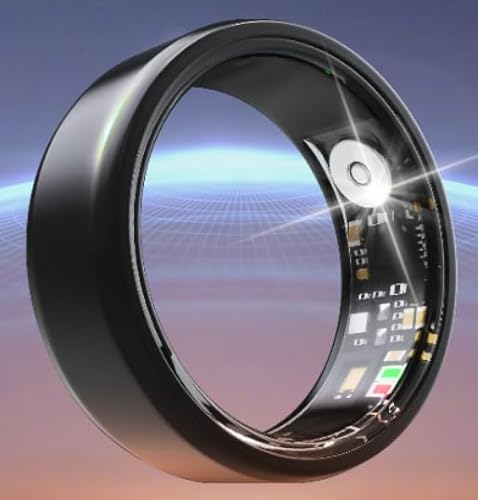ks1490
Well-known member
Wanted to share my news today, since my original (totally unexpected) diagnosis of Aortic Regurgitation and Dialated Aorta last year, my every-4-months echos had shown a progressive worsening - going from an LVIDd of 6.0 and LVIDs of 4.0 to 6.8 and 4.6, respectively. I thought this week's echo would confirm the trend, and I would be planning for surgery starting today. However, the results came back today, my dimensions actually improved ot 6.6 and 4.4. Not earth-shattering but at least this is a momentary stabilization! Now my cardio wants me to come back in 6 months instead of 4. This is fine with me, I feel like I got free 6 months' pass, particularly not having to worry about surgery around the holidays.
Has anyone else progressed like this - that is, progress to the negative for a while and then stabilize? How long did the stabilization last? I realize I'm on borrowed time here and surgery is not too far ahead in my future, but I would like to get as much pre-op time as I can without jeopardizing my heart....
Has anyone else progressed like this - that is, progress to the negative for a while and then stabilize? How long did the stabilization last? I realize I'm on borrowed time here and surgery is not too far ahead in my future, but I would like to get as much pre-op time as I can without jeopardizing my heart....






















